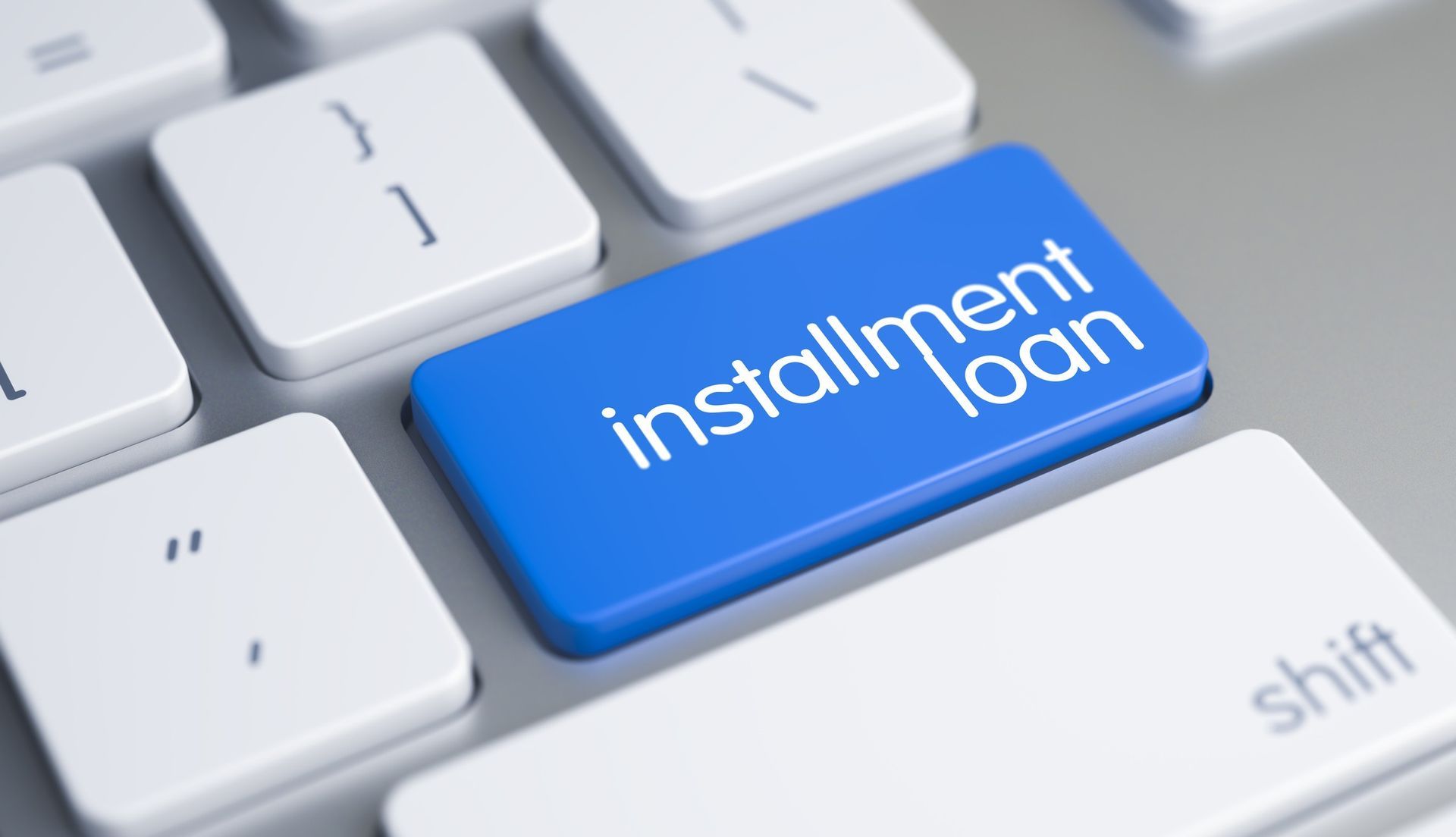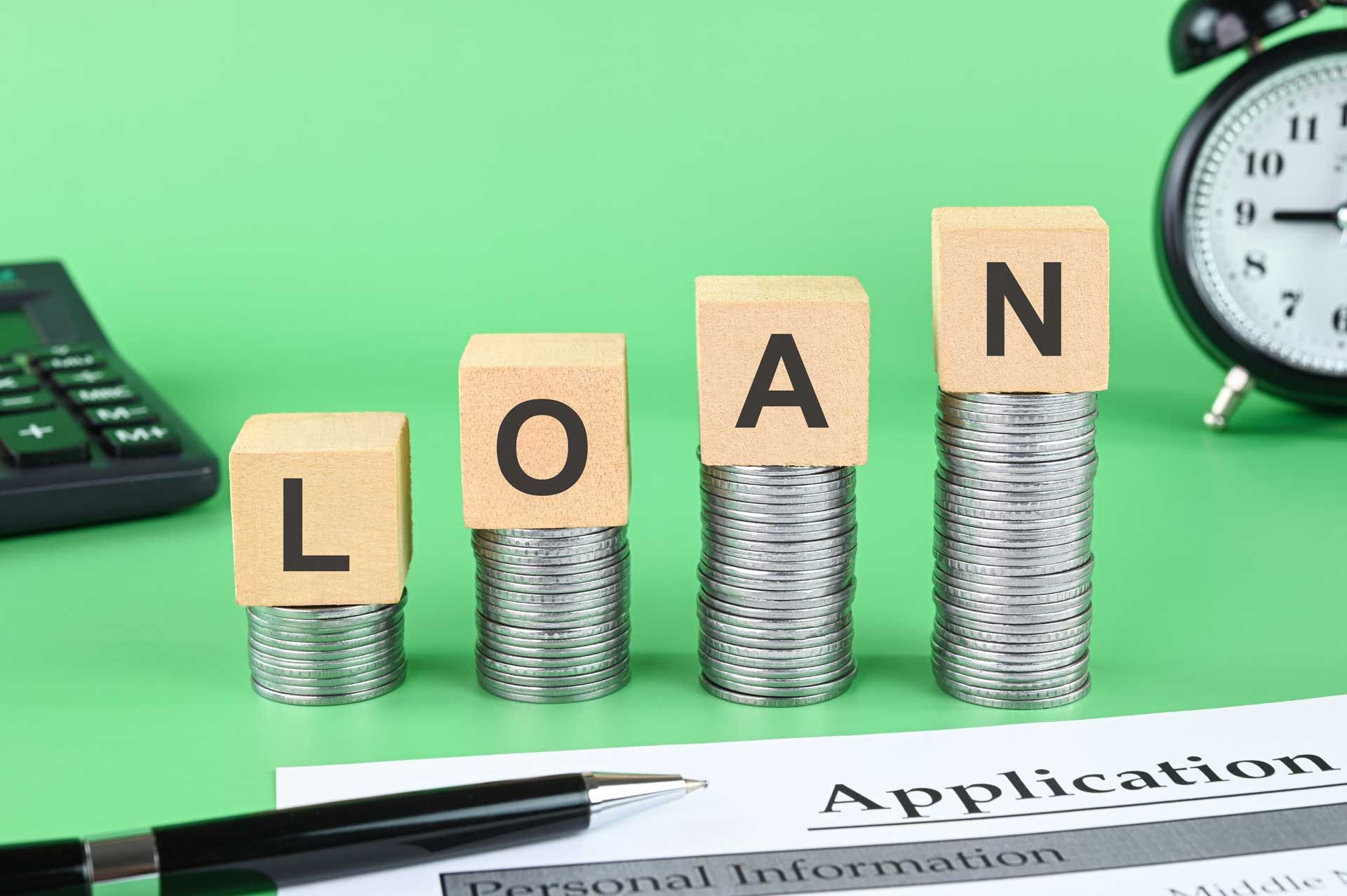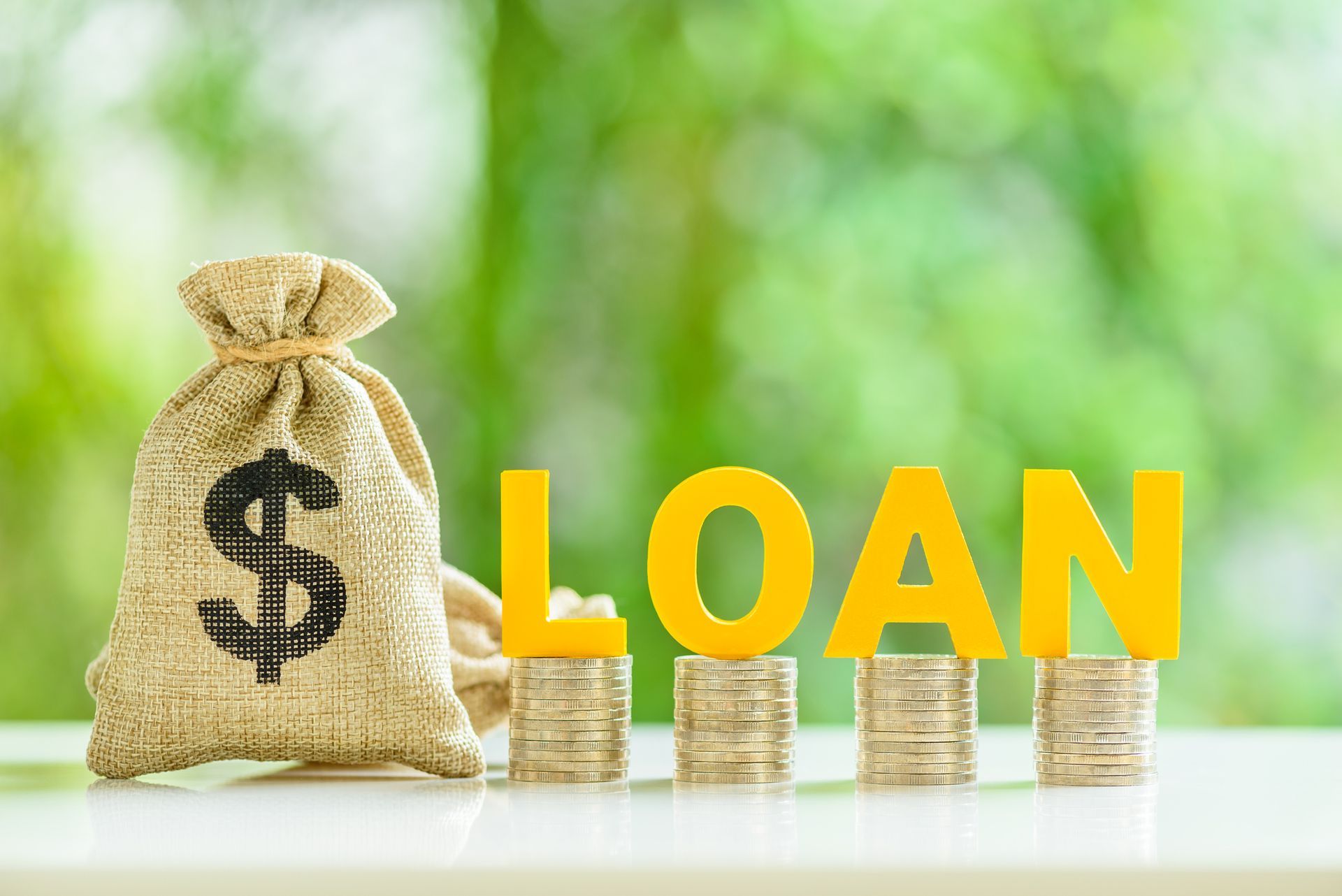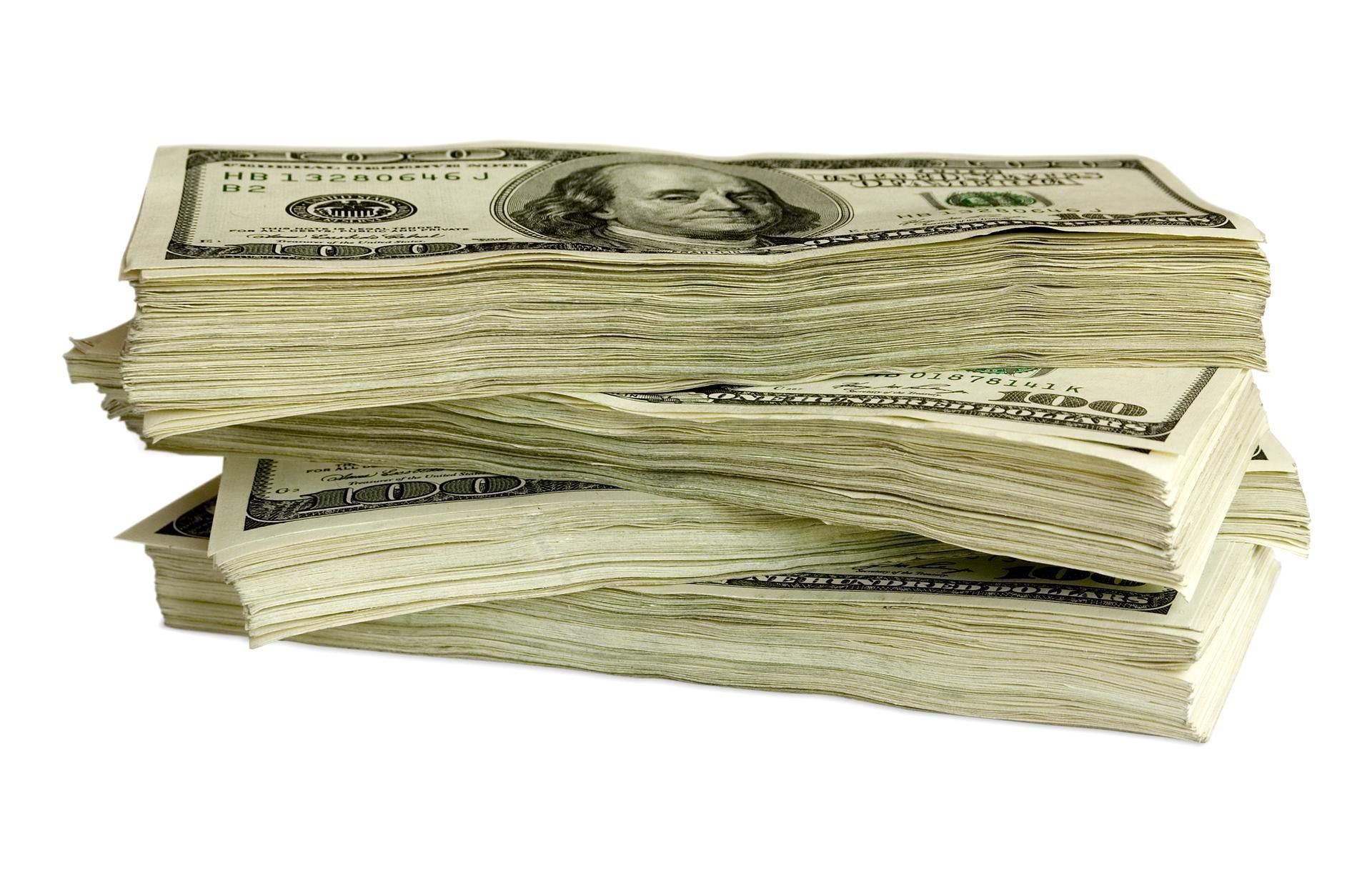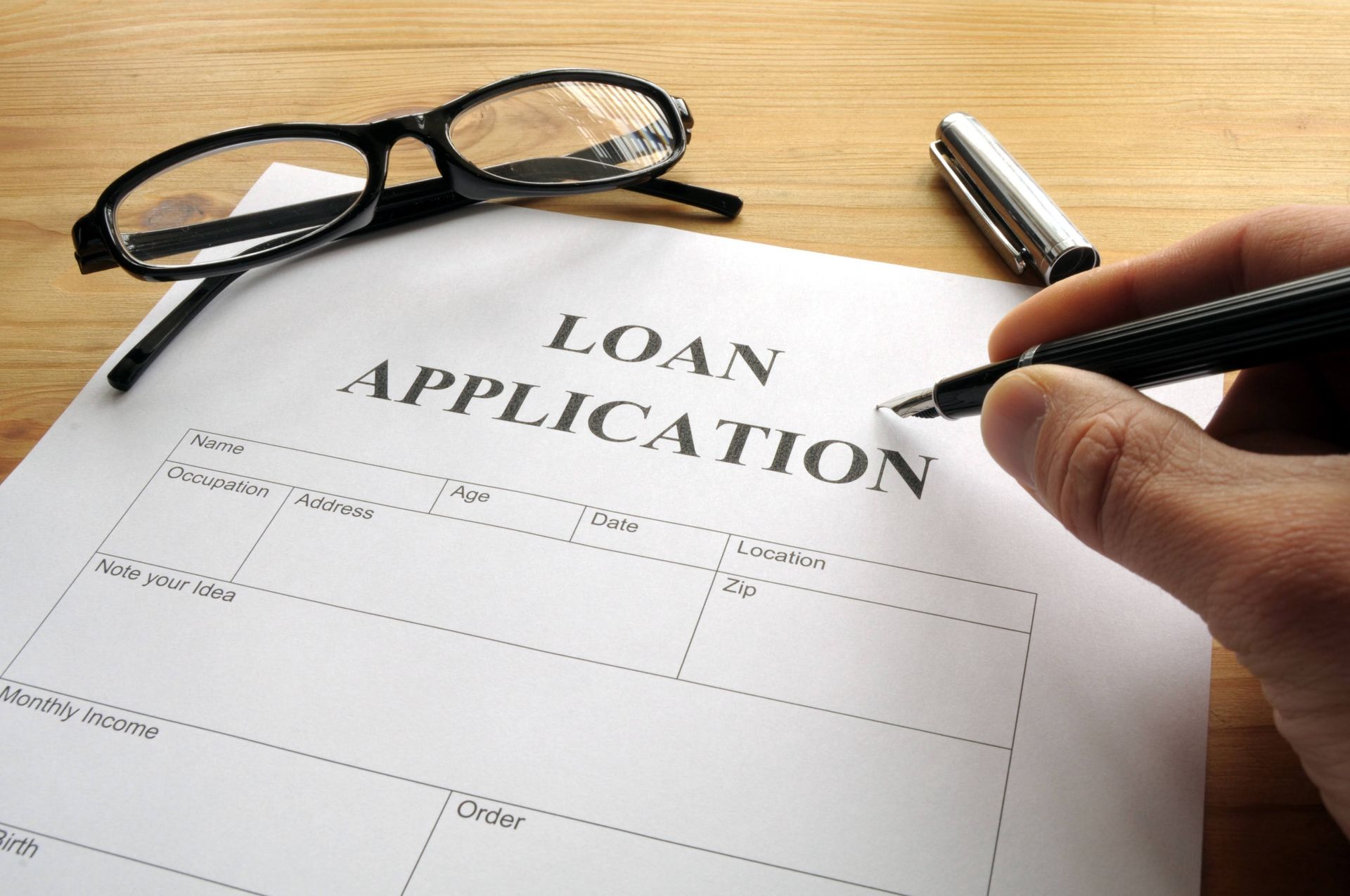Rebuild Your Credit Score | Ardmore Finance
websitebuilder • March 27, 2020
4 Tips to Build and Rebuild Your Credit Score
Your credit score is important for many reasons. It may be the difference between getting a loan and being denied. Even if you are approved, your poor credit score may leave you with a high premium. Luckily, rebuilding your credit score isn't too hard as long as you take the right steps. If you are ready to improve your credit again, check out these four tips.
1. Make Payments on Time
Even if you always pay your bills, your credit may be negatively impacted if you pay those bills late. For this reason, you should always pay every bill by the due date. This includes credit cards and loans, as well as your heating bill or car insurance. If you're unable to pay bills on time because you forget about them, consider signing up for auto-pay.
If you mail the payment, make sure you know when the check will arrive. Even if you send the payment on time, it may not get there until after the due date. If you receive different services from the same provider, ask about consolidating your bills. For example, a lot of people use the same company for internet, cable, and phone.
2. Ensure All Bills Are Current
Don't forget to consider bills that are not current. Even if you start paying your phone bill before the due date, if you are months behind, it doesn’t do much for your credit. If you are behind on any bills, your main goal should be catching up. One way to do this is to tackle each bill one at a time. Pay as much as you can on that bill while only paying the minimum on everything else.
Eventually, you will get caught up on that bill, and you can move to the next bill. Another option is to consider debt consolidation. This process takes much of your debt and combines it into one payment, which is often easier to handle.
3. Get a Loan
When you don't have great credit, getting a loan may seem farfetched, but many lenders help people with poor or no credit. Make sure, however, that you can easily repay any loan you do take with your current debt-to-income ratio. Otherwise, you'll likely just fall behind and worsen your credit.
As long as you repay the loan on time, however, it will boost your credit. Credit unions may be a great place to consider a loan if you have poor credit because they tend to be more lenient than banks. Other people consider installment loans. Keep in mind, with a bad credit score, any loan will likely have a higher interest rate.
4. Don't Overuse Your Credit Card
Even if you pay your credit card bill on time every month, you shouldn't continue to rack up the bill. Part of your credit score considers your credit utilization rate. Consider you have a credit card with a $1,000 limit. If you use that full $1,000 dollars, you have a high credit utilization rate. If you only use $100 and then repay it before using it again, keeping the balance low, you have a low credit utilization rate.
The lower your credit utilization rate, the better your credit score. Ideally, you want to keep your credit utilization rate below 30 percent, so if your credit card limit is $1,000, do your best to keep the balance at $300 or lower.
Bad credit doesn't just prevent you from getting loans. It can affect your job hunt as more and more employers check credit scores for potential employees. If you would like to know more about how to fix your credit, or if you are ready to consider a loan to help boost your credit score, contact us at Ardmore Finance today.
